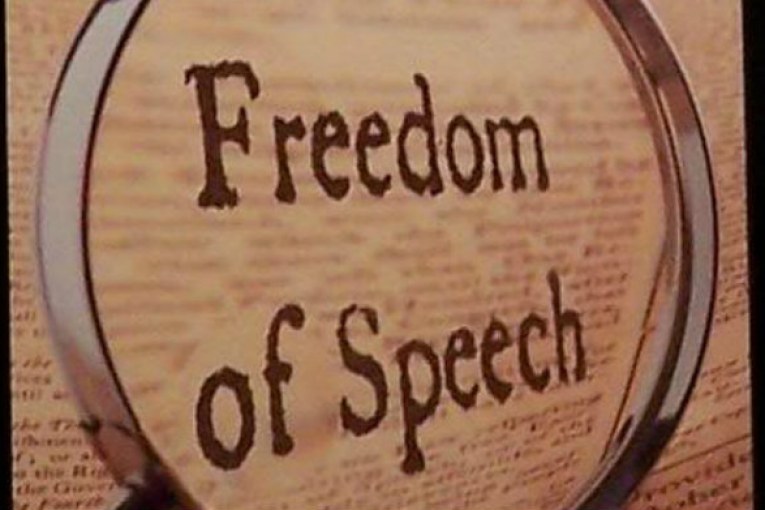
COLUMBUS, OH – New legislation in the Ohio Legislature directly challenges Americans’ fundamental right to free speech, noted hosts of the Today in Ohio podcast, who suggested the bill’s authors should consider moving to Russia if they want to live under the type of laws they are proposing, according to Cleveland.com.
House Bill 20, introduced by two Republican lawmakers, seeks to criminalize the ‘harassment’ of police officers, which could result in citizens being jailed simply for exercising their constitutional right to criticize public officials. According to the podcast, the bill could lead to prison sentences of up to six months.
Chris Quinn, editor of Cleveland.com and The Plain Dealer, stated, “These lawmakers should just move to Russia and be part of an authoritarian regime. This is outright illegal in the U.S. You have the right to express your thoughts. You have the right to challenge people.”
The bill specifies that harassment must occur within 14 feet of an officer and after a warning has been given. However, opponents argue the vague wording gives too much leeway to officers who may feel uncomfortable with being recorded or criticized.
The Ohio Prosecutors Association has criticized the bill, emphasizing existing laws already address genuine issues.
Quinn further commented, “I’m allowed to stand on the street and tell a police officer, ‘Hey, you’re doing the wrong thing.’ That’s not illegal. That’s protected speech. That’s exactly what the First Amendment is for—to protect us from punishment for expressing our views.”
According to Cleveland.com, one of the bill’s primary sponsors, Phil Plummer, a former sheriff and deputy with 30 years of service, defends the bill as a “halo bill” meant to create a safe distance between protesters and police officers.
Critics, however, see it as an attempt to prevent civilians from recording police wrongdoing, said Cleveland.com.
Laura Johnston noted, “The Prosecutors Association pointed out that we already have laws in place. We can use them if necessary, like laws on obstruction and disorderly conduct. If someone is actually causing problems, they can already be arrested.”
The podcast discussion pointed out that this bill reflects a troubling trend of efforts to criminalize activities protected by the Constitution.
Quinn pointed out, “They are violating fundamental principles of our government, and we should make their names and faces known as being anti-American.”